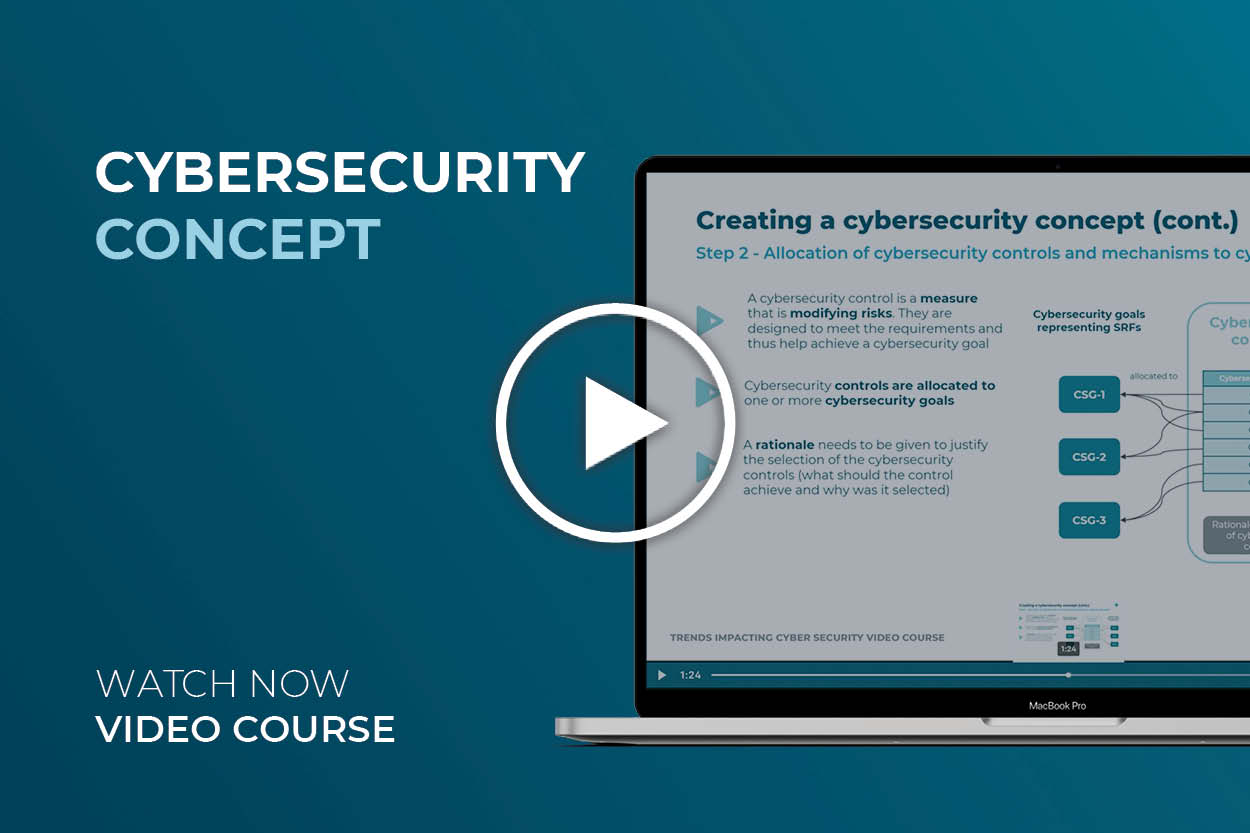Cybersecurity Best Practices Quiz

Test your knowledge on essential cybersecurity practices to keep your digital life safe and secure.
1. What is a strong password?
A password with serial numbers only
A password with a mix of letters, numbers, and symbols
A password that is your birthdate
A password that contains your username
2. Which of the following is an example of phishing?
An email from a friend asking about your weekend
An email pretending to be from your bank asking for login
An email advertisement for a discount
A newsletter with the latest company updates
3. What should you do if you receive a suspicious email?
Mark the email as read and archive
Reply asking for confirmation
Report and delete the email without clicking any links
Open and scan but do not click any links
4. How often should you update your software?
Whenever updates are available
Only during major releases
Once a year
When software stops working
5. What is multi-factor authentication?
Using one static password
Allowing multiple logins
Automated password recovery
Multiple verification methods for security
6. Why is multi-factor authentication important?
Increases user convenience
Simplifies the login process
Allows password recovery
Enhances security with multiple checks
7. What should you do if your account is compromised?
Create a new account
Log out and log back in
Ignore and continue using
Change your password and notify the service provider
8. What is the role of anti-malware software?
Monitoring internet usage
Detecting and removing malicious programs
Detecting and protecting against spyware
Enhancing firewall protection
9. Why is it important to have unique passwords for different accounts?
Limits vulnerabilities if one account is compromised
Makes passwords easier to memorize
Improves account synchronization
Achieves faster logins
10. What is a VPN and when should you use it?
A tool to block ads efficiently
A tool to secure data on public networks
Enhancing local network speeds
Anonymizing browsing history
11. How can social engineering attacks be prevented?
Encrypting all communication
Installing the latest antivirus software
Using strong passwords only
Regular training on recognizing threats

